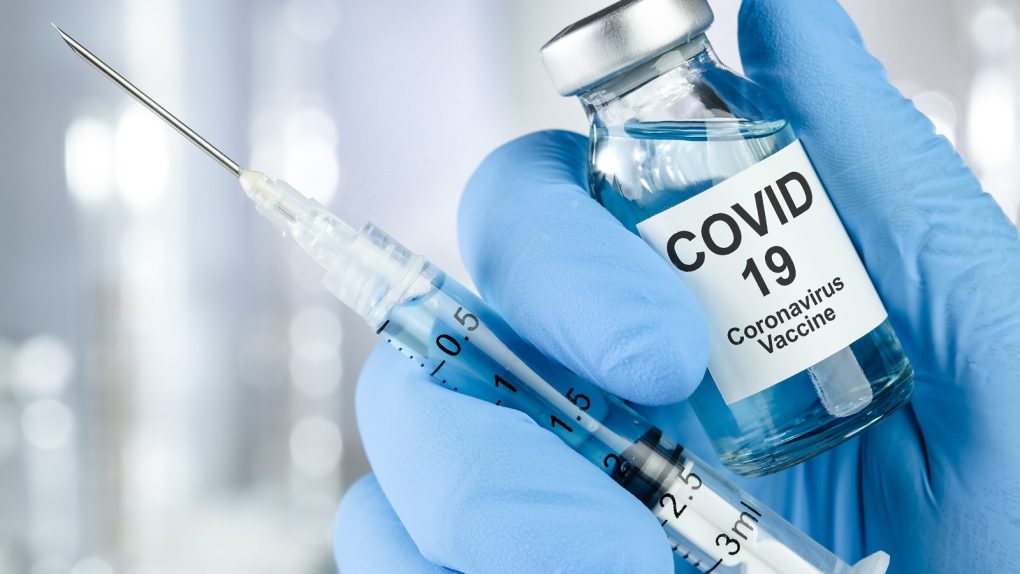- The final results for multiple coronavirus vaccine candidates might be ready this winter, at which point the successful candidates could be available for emergency immunization campaigns.
- The World Health Organization warns that there won’t be enough vaccine supply to inoculate everyone and that healthy, young people might have to wait until 2022 for a COVID-19 vaccine.
- The WHO is devising policies for countries on prioritizing vaccines, with healthcare workers, frontline workers, and the elderly being the at-risk groups that will get access to vaccines first.
The arrival of the first vaccines that are effective and safe against the novel coronavirus seems imminent, with Dr. Anthony Fauci repeatedly saying that he believes we’ll have final results for some of the most advanced clinical trials as soon as November or December. Once regulators approve the drugs for emergency use, certain at-risk groups of people will get access to vaccines, with the general public to follow. But the World Health Organization (WHO) warns that a huge subset of people might not get a coronavirus vaccine until 2022.
Even though some vaccine clinical trials have encountered safety issues that paused the studies, there are about a dozen vaccine trials in Phase 3 testing, so we remain hopeful that at least one drug will clear the final stage of trials. Once that happens, however, vaccine makers won’t be able to supply the vaccine in large enough quantities for everyone to take it. Immunizing the world’s entire population will be a massive undertaking once vaccines are cleared. Since most of the vaccine candidates require two shots spaced out over a few weeks, the world would need 15 billion doses for every living person to be inoculated.
“People tend to think that on the first of January or the first of April, I’m going to get the vaccine, and then things will be back to normal,” WHO’s chief scientist Dr. Soumya Swaminathan said of COVID-19 vaccines, according to CNBC. “It’s not going to work like that.”
The expert added that health workers, frontline workers, and the elderly will be offered a vaccine first, with the WHO still devising prioritization details. But vaccines will be available in “limited quantities” next year.
“Most people agree that it’s starting with healthcare workers and frontline workers, but even then, you need to define which of them are at highest risk and then the elderly and so on,” Swaminathan said. “There will be a lot of guidance coming out, but I think an average person, a healthy young person, might have to wait until 2022 to get a vaccine.”
The WHO’s strategic advisory group of experts on immunization (SAGE) published guidelines on how to consider prioritizing different groups of people. SAGE will release guidelines on what population each vaccine is best suited for and how to distribute the drugs.
Frontline workers are the most exposed to the virus, and the elderly are the most likely to experience complications that might lead to death. Young people die of COVID-19 as well, so they’ll have to continue observing safety measures for quite a while. Even after a person is vaccinated, there’s no guarantee the vaccine will always work. Also, it’s unclear how long the immunity will last. Face masks, social distancing, and good hygiene will continue to be advised for the coming year, public health experts said in the past, Fauci included.
The US has inked deals worth billions of dollars with several COVID-19 vaccine candidate makers, potentially securing enough vaccines for the entire population. But the WHO advises countries to work together in the global fight against COVID-19 rather than hoarding vaccines for themselves. “We need to make sure that we vaccinate those most at risk in every country before we vaccinate everyone in a couple of countries,” Dr. Maria Van Kerkhove said on Wednesday. Van Kerkhove is the head of the WHO’s emerging diseases and zoonosis unit.
“Part of that is not only due to the commitments of governments, but also the understanding of individuals saying, ‘I’m a younger person. I don’t have any underlying conditions. I may need to wait so my grandparents can get a vaccine,’” she added.
The WHO has not addressed one of the worst things about coronavirus vaccine development right now. Recent surveys have shown that Americans are more reluctant to get vaccinated against COVID-19 now than they were a few months ago. The increased political focus on the coronavirus vaccine might be to blame. There will be people hesitant to get vaccinated in other countries as well.
The WHO did address the scenario where a vaccine won’t clear Phase 3 trials. Van Kerkhove said that “we have tools right now that can prevent amplification events.” She stressed the importance of masks, avoiding crowds, and frequent hand washing. “We can get ahead of the virus, and in many countries, they’ve controlled transmission.”








